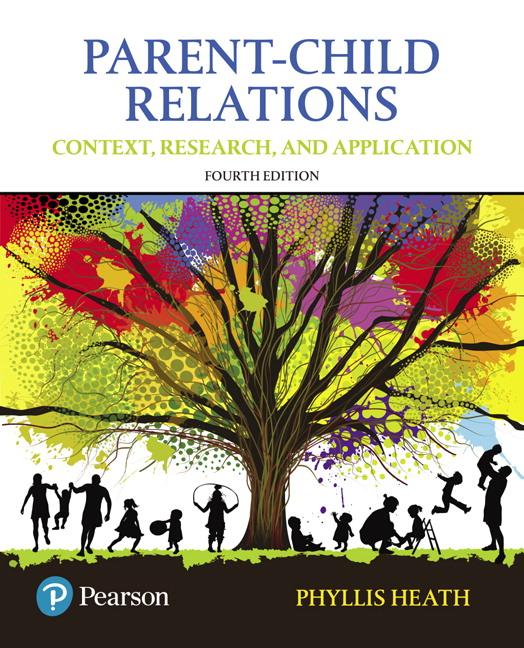

Thus it is vital to recognize that digital technologies are often introduced in contexts where considerable existing inequalities already exist, for these can be inadvertently exacerbated, for example by locating an intervention in (often wealthier) urban rather than rural (poorer) regions, or letting children choose to participate (and discovering later that more boys volunteer).Īlso problematic, we found that the effort to navigate between these risks and opportunities, so that children enjoy the benefits of the digital age, is impeded by anxieties felt by policy makers, parents and the public-often fuelled by the media panics that typically accompany any technological innovation, tending to result in overprotective responses that can undermine children’s digital opportunities, learning and participation.Īll of this highlights the importance of grounding any claims about digital opportunities in children’s specific cultural contexts, taking into account local values, practices, and expectations for the use of technologies.
Parenting across diverse contexts full#
For example, in township schools in Gauteng, South Africa, one tablet per child is being provided as part of a “conversion to a full digital learning and teaching platform” or “smart paperless classrooms,” in spite of the lack of acceptable sanitation – toilets and clean water – available to schoolchildren.Many other problems (notably, of multiple forms of exclusion and huge levels of inequality) are linked to the difficulties children face in poorer countries in gaining access to the internet and to the skills and resources vital to underpin hoped-for benefits. Some problems (notably, the risk of harm) are linked to gaining digital access. For example, Chile has tried hard to improve access to digital technologies, with nearly half of all homes now connected to the internet yet few students achieve the advanced skill levels needed to capitalize on this access.īut we found plenty of evidence of problems too.It was salutary to discover, though, that establishing the benefits of new technologies is harder than one might wish, and more research, ideally conducted longitudinally – to follow children over some years – is really needed. We were glad to find some evidence that children around the world do benefit from new digital opportunities, though it is important to stress that the meanings and consequences depend on their very different contexts of their lives. And knowing that these promises are countered by concerns about the online risk of harm to children made us wonder if the costs are just too great for policy makers – and parents – to contemplate. Recognising that optimistic promises about new opportunities to communicate, learn and participate are made to justify provision of digital resources and internet access to children globally, we wondered if these are bearing fruit. Working with colleagues from very diverse contexts, we recently reviewed the latest international research on whether and how digital opportunities, as they become available even in middle- and low-income countries, may benefit children ( or not). What do we mean when we speak of educational opportunities provided by children’s digital engagement? And how do the answers vary across different countries and cultural contexts?



Sun Sun is a professor and head of Humanities and Social Sciences at Singapore University of Technology and Design. Sonia is Professor of Social Psychology at LSE’s Department of Media and Communications, and is the lead investigator of the Parenting for a Digital Future research project. Dafna is Professor of Communication and Chair of the Department of Radio,Television, and Digital Media at Southern Illinois University. In this post, Sonia Livingstone, Dafna Lemish and Sun Sun Lim highlight what they learned from working with researchers from several continents to understand the emerging nature of children’s digital opportunities globally. The “Parenting for a Digital Future” blog has tried to capture the diversity of families’ experiences with the internet around the world by including reflections on fieldwork conducted in many different countries.


 0 kommentar(er)
0 kommentar(er)
